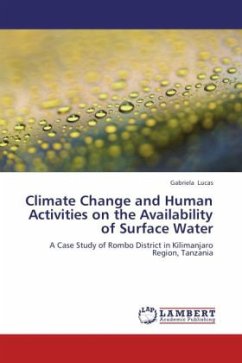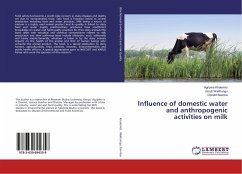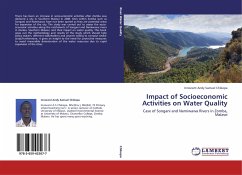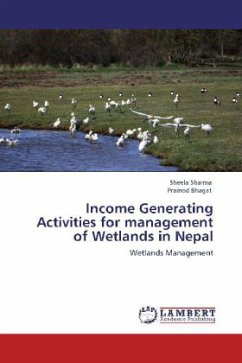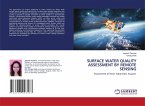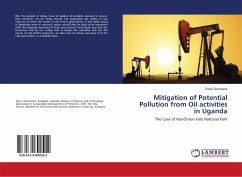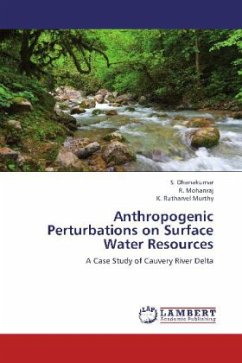Climate change & variability is of concern in the world in 21st Century. Human activities are responsible for climate change. Both are expected to impact surface water. This study assessed whether surface water unavailability in Rombo is the result of climate change & human activities. It explored adaptation and coping strategies developed in relation to climate change and human activities on surface water availability. The availability of surface water in Rombo had decreased between 1970s and 2010. Decrease in the amount of surface water was associated with rainfall variability and human activities; agriculture, deforestation and frequent bush fires. Buying water and plant crops that require little rainfall/water were copying strategies whereas harvesting rainwater, building reservoirs and environmental conservation are some of the adaptation strategies applied. This study is beneficial to all stakeholders and policy makers on the management and storage of surface water. The study is valuable for conservation, development and management of water resources. It is useful to anyone interested on the relationship between climate change, human activities & surface water availability

